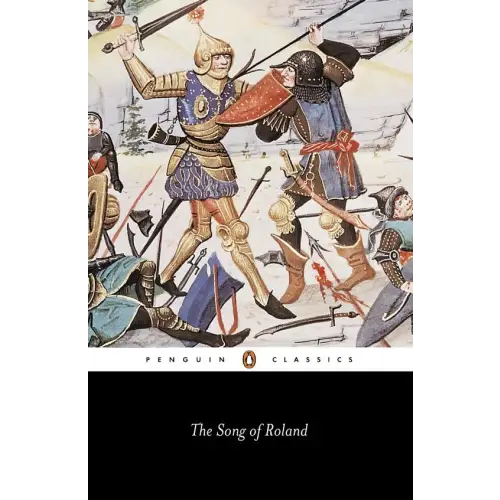On August 15, 778, Charlemagne's army was returning from a successful expedition against Saracen Spain when its rearguard was ambushed in a remote Pyrenean pass. This skirmish gave rise to a stirring war epic, recorded in the oldest surviving French epic poem. The Song of Roland , written by an unknown poet, tells the story of Charlemagne's warlike nephew, Lord of the Breton March, who bravely leads his men in battle against the Saracens but ultimately perishes in the bloody charge, unwavering to the end. In majestic verse, the battle symbolizes a struggle between Christianity and paganism, while Roland's last stand represents the ultimate expression of honor and feudal values in twelfth-century France. Glyn Burgess's translation offers readers a clear insight into the original French of the Chanson de Roland , a substantial portion of which is included as an appendix to this book. This edition is enriched with notes and an updated list for further reading.

